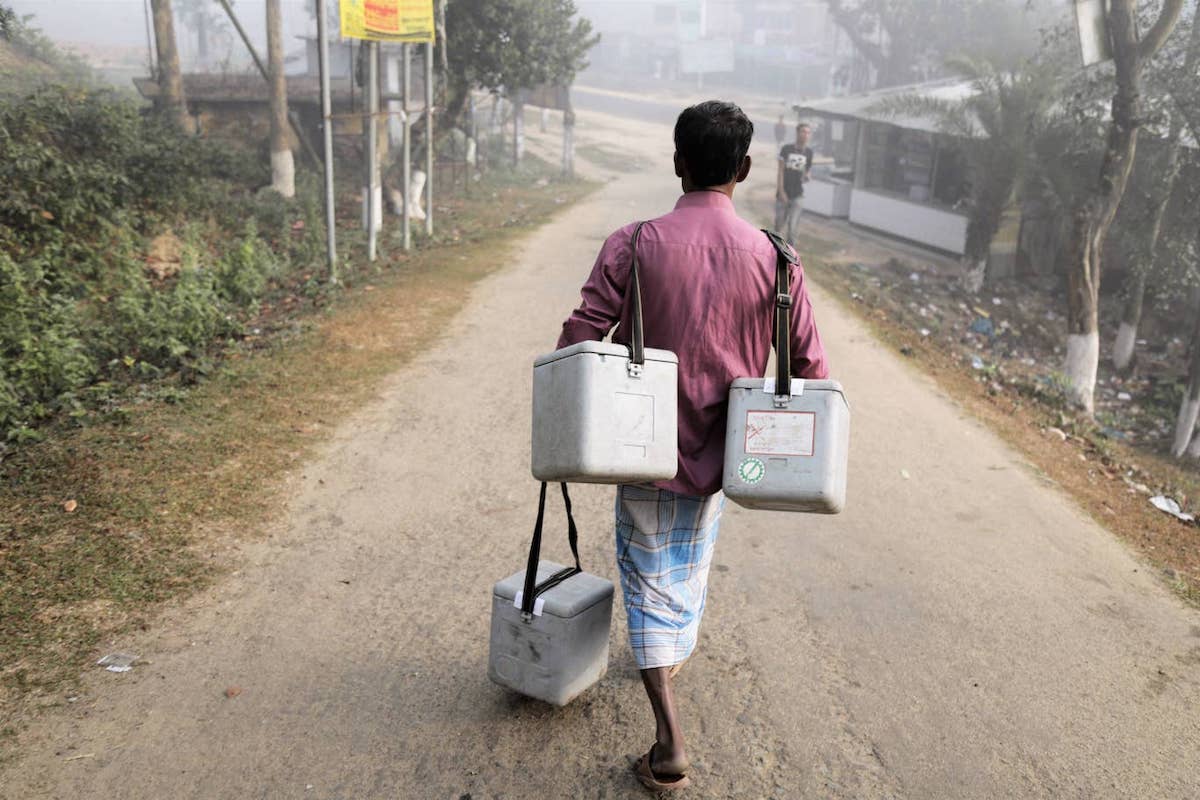Children have the power to change the world, yet millions every year don’t reach the age of five because of preventable diseases.
Vaccines are safe, inexpensive and save more than five lives every minute. Yet 1.5 million children still die each year because they haven’t received the right vaccines.
Almost half of the world’s infants who lack vaccinations live in conflict-affected and low-income countries, which are hard to reach.
Ensuring vaccines reach every child is a massive challenge. Every vaccine must be continuously stored at the appropriate temperature from the time they are manufactured until the moment of use. This is called a cold chain.
The journey of a vaccine takes place by air, land and sea, and people around the world overcome enormous challenges to keep the precious vaccines cold and safe so they can be sent to some of the world’s hardest-to-reach places.
PHOTOS (Courtesy of UNICEF)
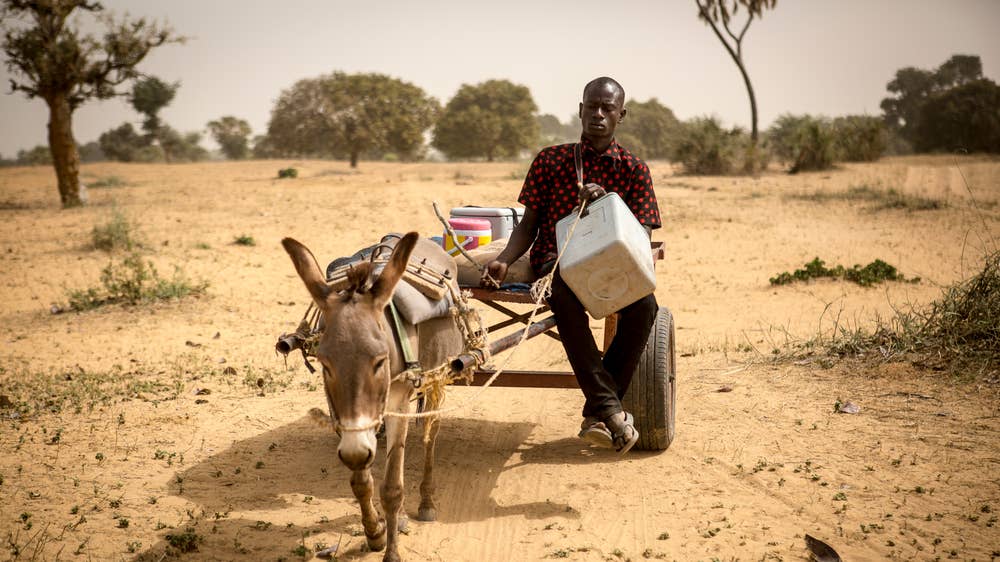
Photos Unicef
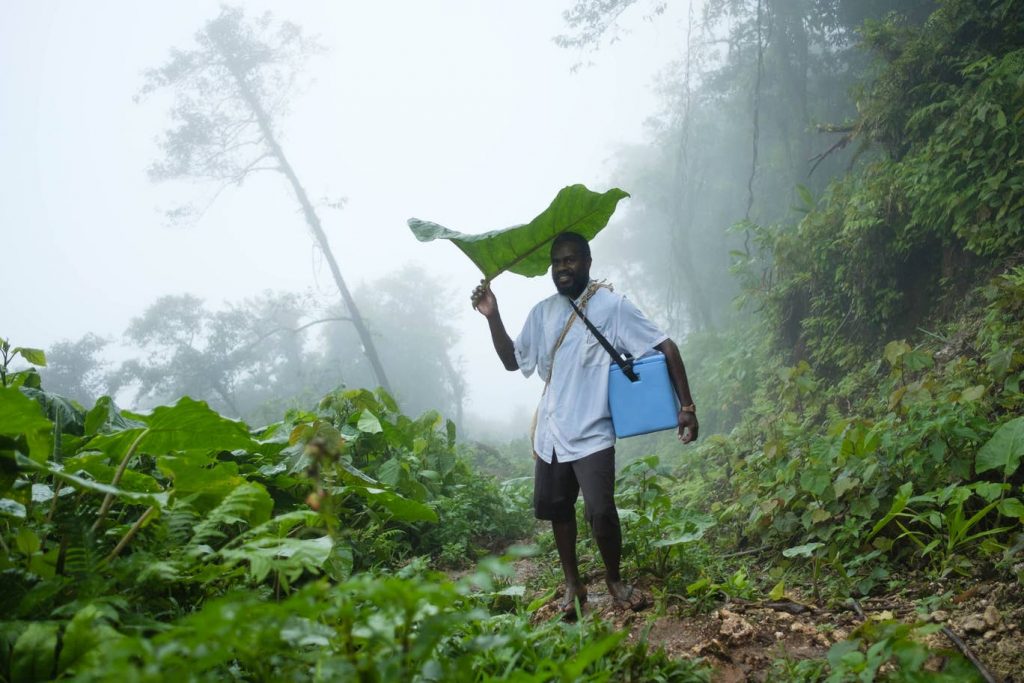
Unicef/Chute
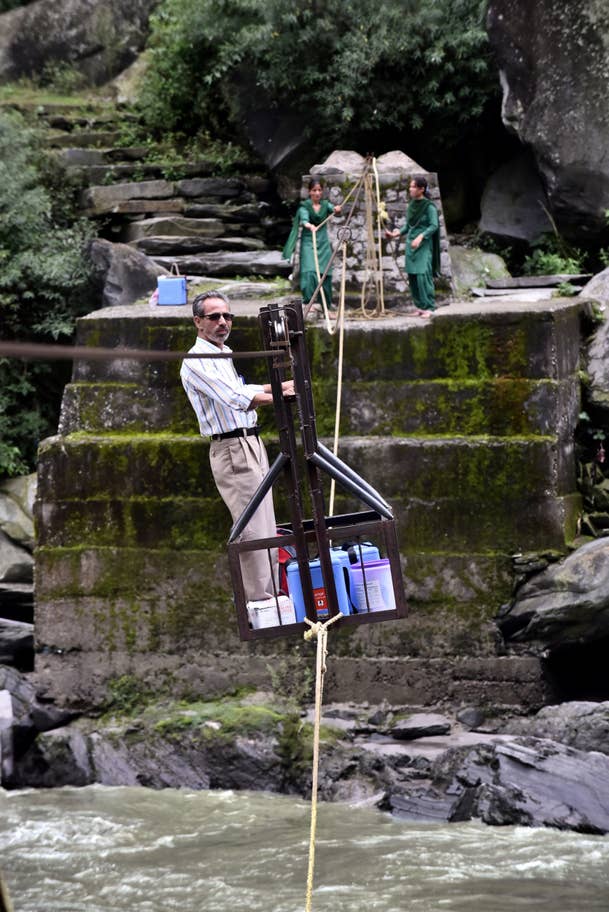
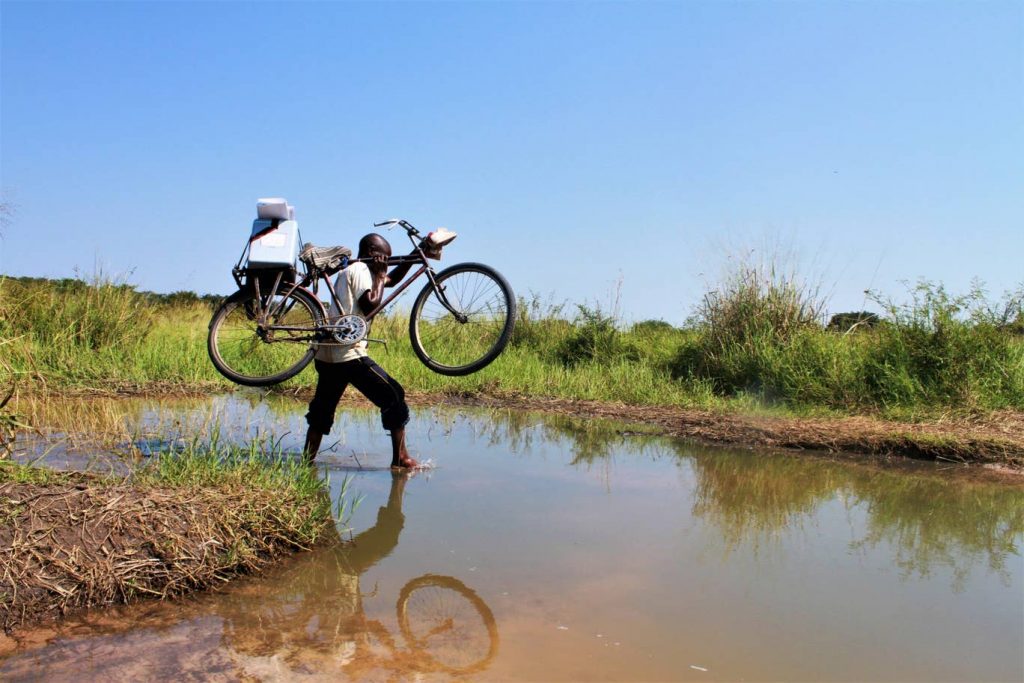
Unicef/Wingi
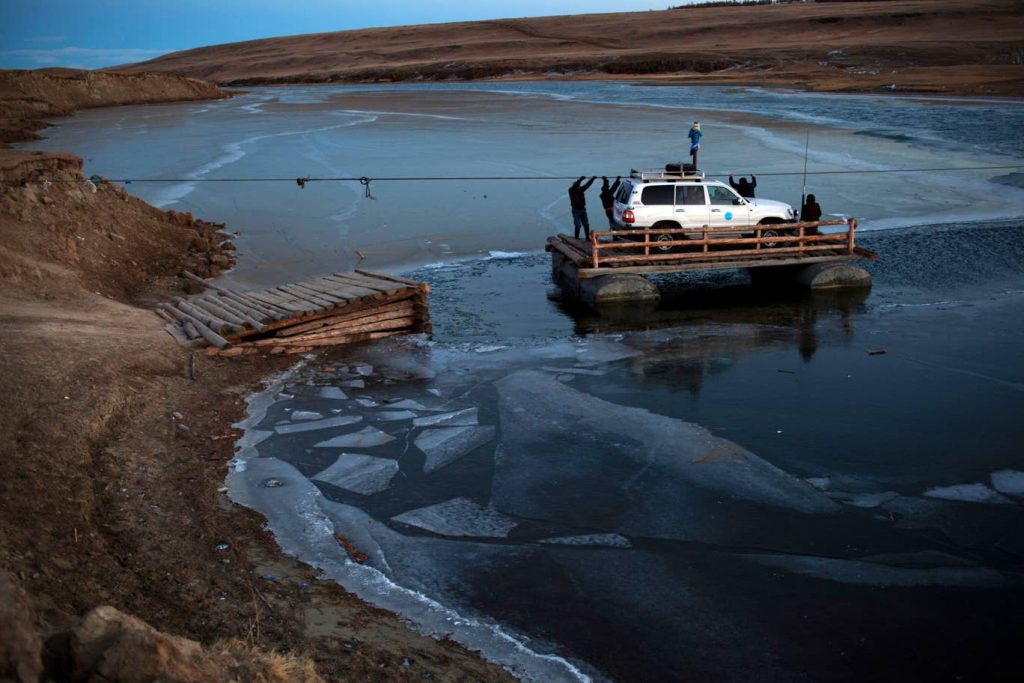
Unicef
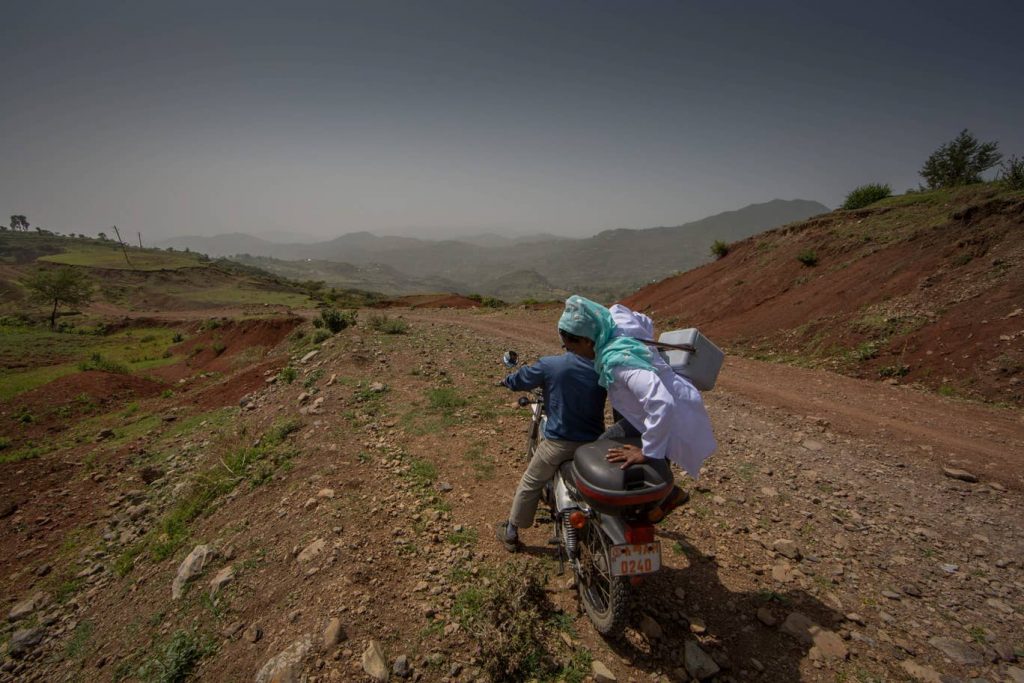
Unicef/Ayene
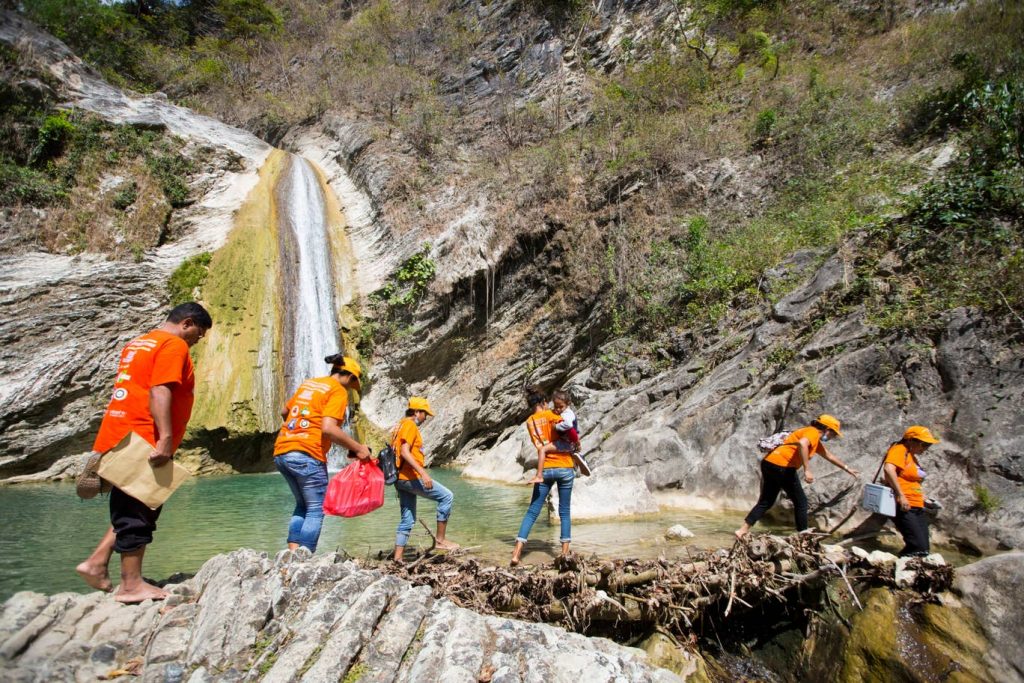
Unicef/Soares
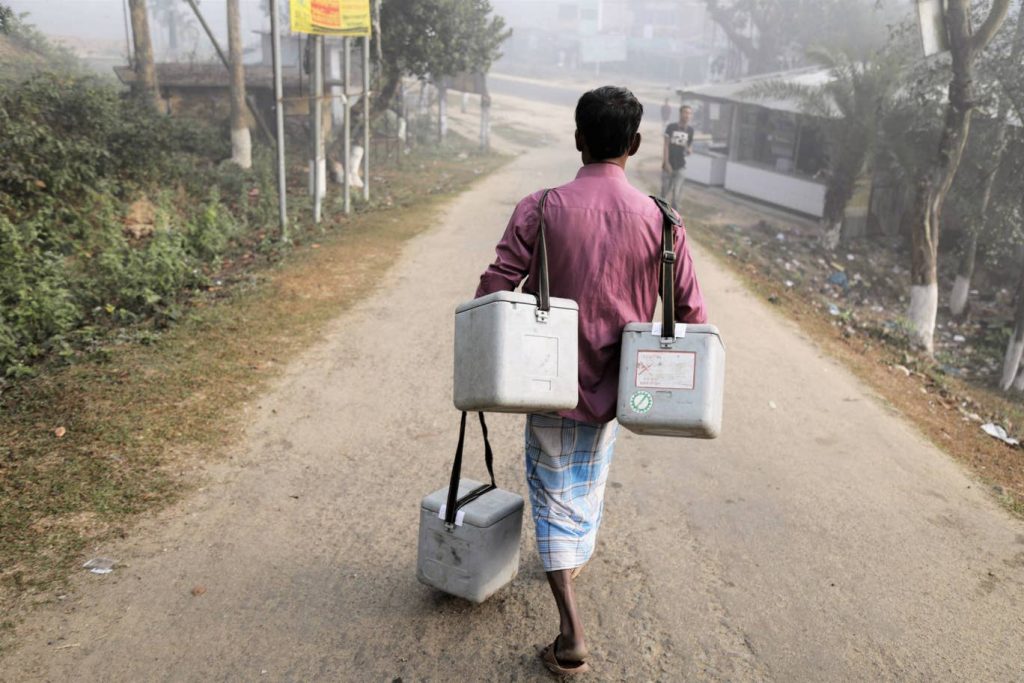
Unicef/Krishan
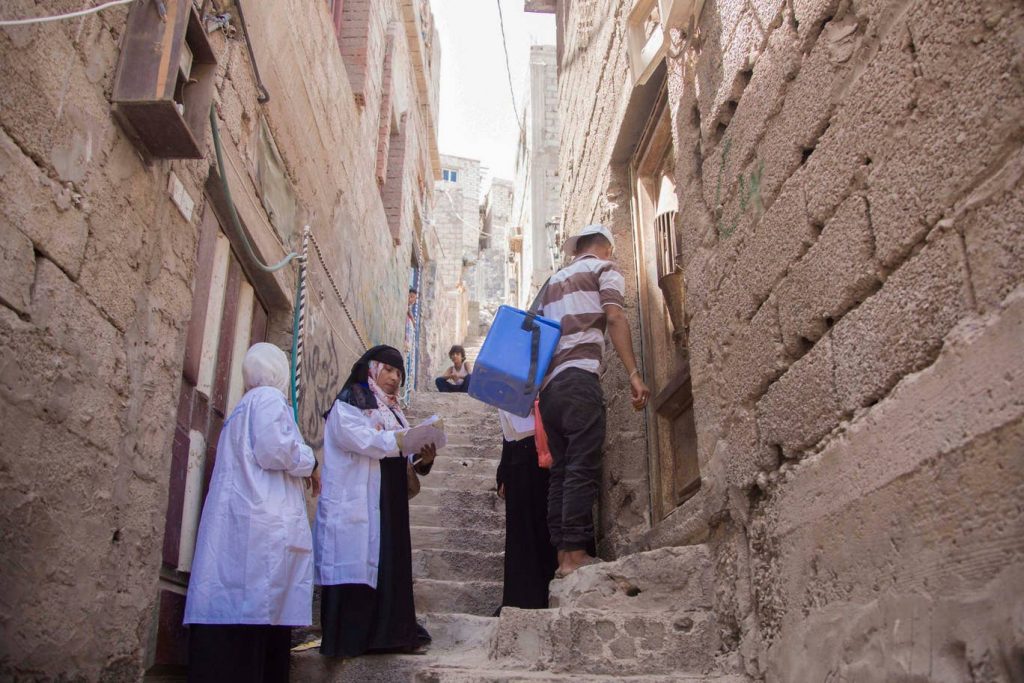
Unicef/Bafaqeh
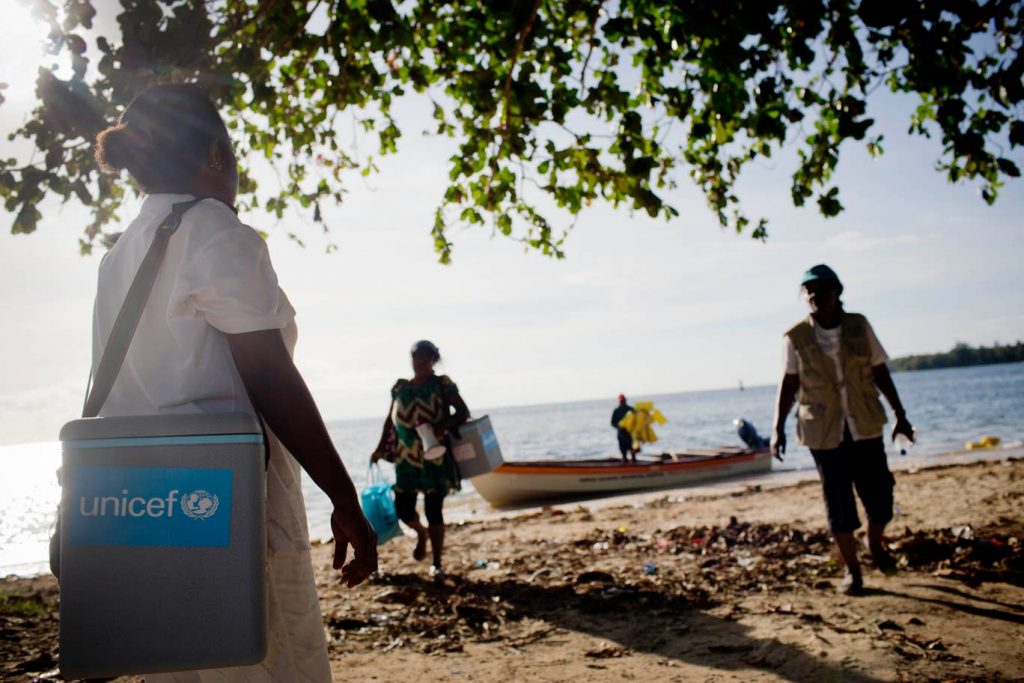
Unicef/Holt

